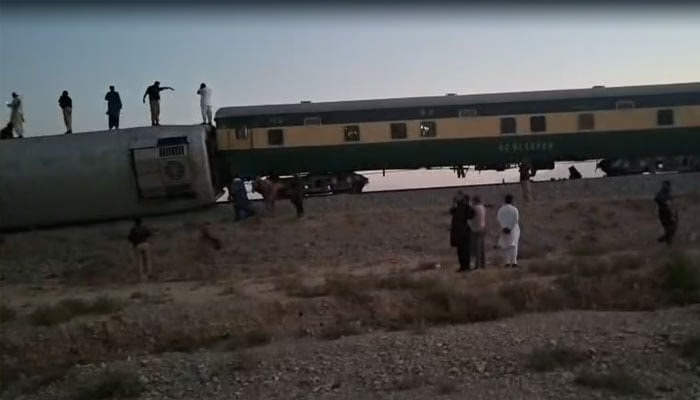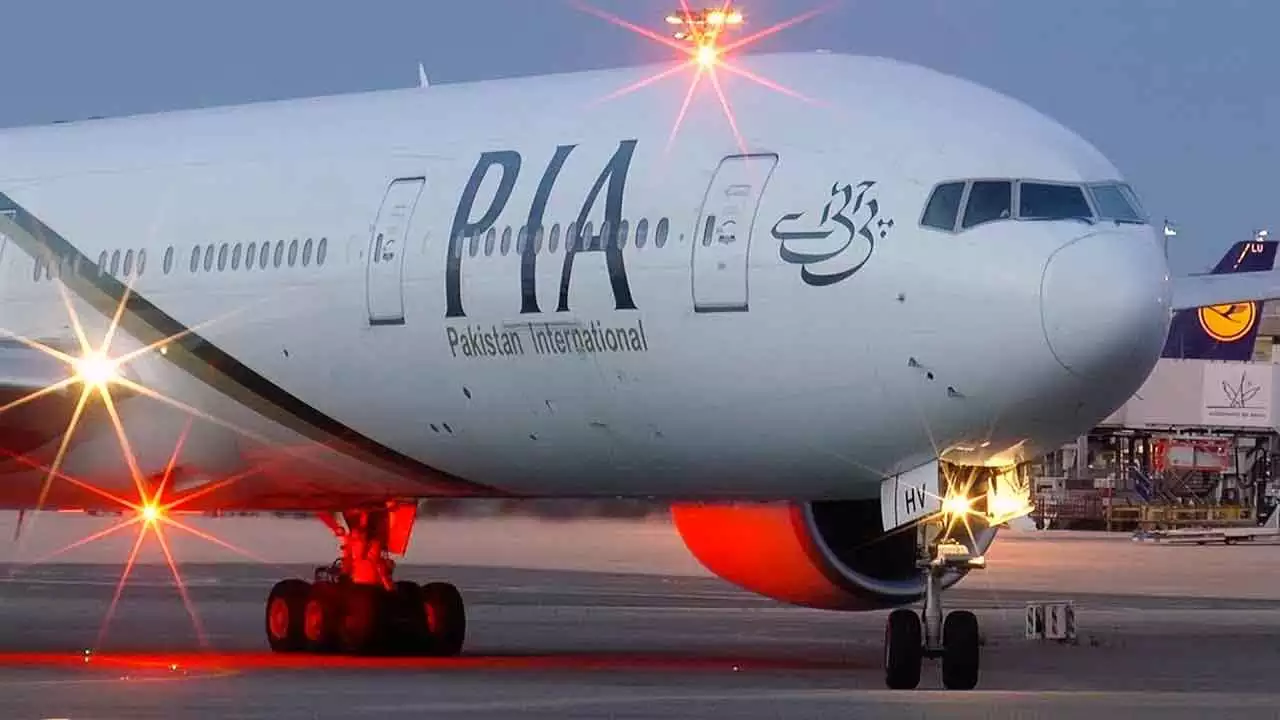The Jaffar Express derailment in Mastung’s Dasht area once again underlines the vulnerability of Pakistan’s railway network to terrorist attacks. On Tuesday, three carriages of the Quetta-bound train derailed following an explosion on the track, leaving several passengers injured and causing panic among travelers. The train, traveling from Peshawar to Quetta, was targeted in an incident that railway officials have confirmed was an act of sabotage.
Jaffar Express Derailment: The Incident
According to railway authorities, one carriage overturned while two others went off the track due to the blast. Rescue teams from Quetta rushed to the site, transporting the injured to hospitals. While no fatalities were reported in the immediate aftermath, officials confirmed multiple passengers sustained injuries, some of them serious.
The Jaffar Express derailment not only disrupted travel on this key railway route but also reignited concerns about repeated terrorist strikes on Pakistan’s transportation infrastructure.
Previous Attacks on Jaffar Express
This is not the first time the Jaffar Express has been targeted. In June 2025, five bogies derailed after a similar explosion near Jacobabad. While the incident caused significant damage to the track and train, authorities were fortunate that no casualties occurred.
In March 2025, however, a far more tragic event unfolded. Militants from the outlawed Balochistan Liberation Army (BLA) blew up tracks and ambushed the Jaffar Express in Bolan district. Over 440 passengers were held hostage during a day-long standoff with security forces. The attack left 26 passengers martyred, along with four security personnel. In response, the military cleared the train, killed 33 attackers, and freed the hostages.
These repeated incidents make the Jaffar Express derailment not just a transportation issue but a matter of national security.
BLA and Cross-Border Terror Threats
The BLA, often blamed for such attacks, has been active in Balochistan, targeting infrastructure, security forces, and even foreign nationals. Just days before the Mastung derailment, security sources confirmed the killing of Gul Rehman, alias Ustad Mureed, a senior commander of the BLA’s Majeed Brigade, in Afghanistan’s Helmand province. He was accused of orchestrating multiple terrorist attacks, including those on Chinese nationals and CPEC projects.
The Jaffar Express derailment comes against a backdrop of rising cross-border terrorism. Pakistan’s security agencies have consistently warned that groups like BLA and TTP are operating from Afghan soil with backing from India’s intelligence agency, RAW. Since the Taliban takeover in Afghanistan in 2021, militant activity along Pakistan’s western borders has sharply increased.
Security and Civilian Impact
Train travel remains a vital lifeline in Pakistan, connecting remote areas with major cities. The Jaffar Express derailment caused immediate disruption for hundreds of passengers, many of whom were traveling for work, family, or medical needs. Beyond the physical injuries, such incidents create a psychological burden on civilians who rely on public transport.
Recent statistics from Pakistan Railways show that more than 70 million passengers travel annually across the network. However, the lack of robust security measures has made trains vulnerable to sabotage, especially in conflict-prone regions like Balochistan.
Government Response to Jaffar Express Derailment
Following the incident, rescue and law enforcement agencies worked swiftly to clear the tracks and restore services. The federal government has pledged stronger coordination between railway police and security forces to prevent further attacks. Officials also stressed the need for intelligence-driven operations to dismantle sleeper cells planning such sabotage.
The Jaffar Express derailment has further highlighted the urgent requirement for modern surveillance and track monitoring systems. Currently, Pakistan Railways relies heavily on manual inspections, which are insufficient against sophisticated explosives and remote-triggered devices used by militant groups.
International Implications
The Jaffar Express route is not only important domestically but also strategically, as it connects with projects under the China-Pakistan Economic Corridor (CPEC). Attacks on trains and infrastructure threaten Pakistan’s economic stability and foreign investment. China has already raised concerns over the safety of its nationals working in Pakistan, especially after a series of targeted attacks in Balochistan.
The Jaffar Express derailment therefore adds pressure on Islamabad to enhance counterterrorism measures, not just for public safety but also to maintain international confidence in Pakistan’s ability to secure critical infrastructure.
The Jaffar Express derailment in Mastung is yet another grim reminder of the persistent threat posed by terrorist groups in Pakistan. While rescue operations minimized casualties this time, the repeated targeting of the Jaffar Express demonstrates a troubling pattern. Unless comprehensive security upgrades, regional cooperation, and intelligence-led crackdowns are prioritized, Pakistan’s railway system will remain an easy target for extremists.
The incident is not just a railway accident—it is part of a broader security challenge that demands urgent national and regional attention.



